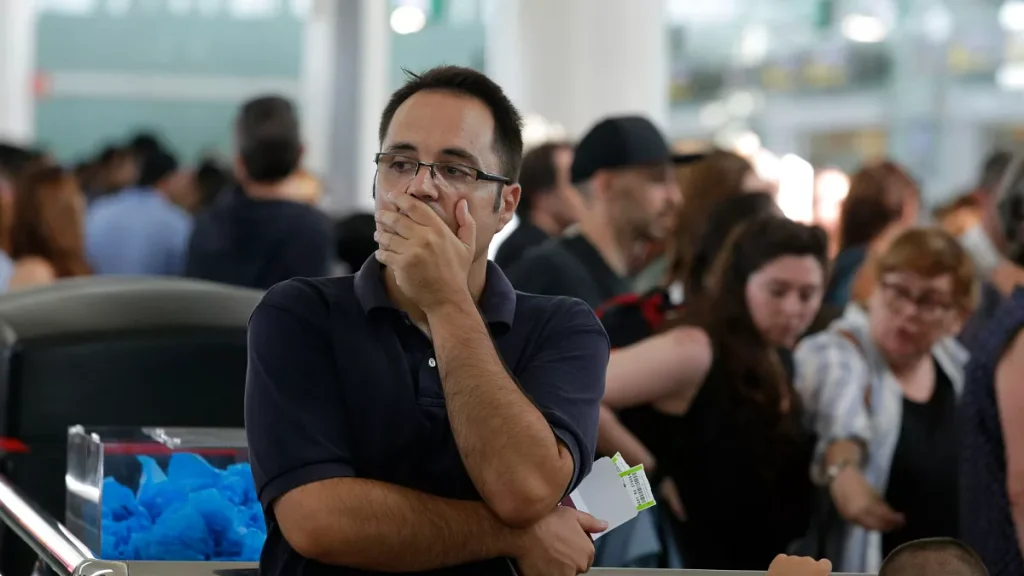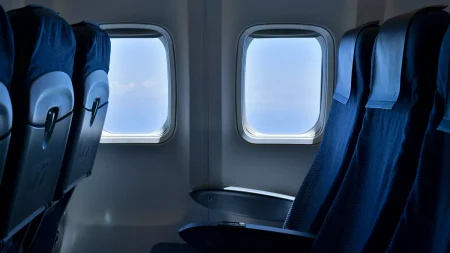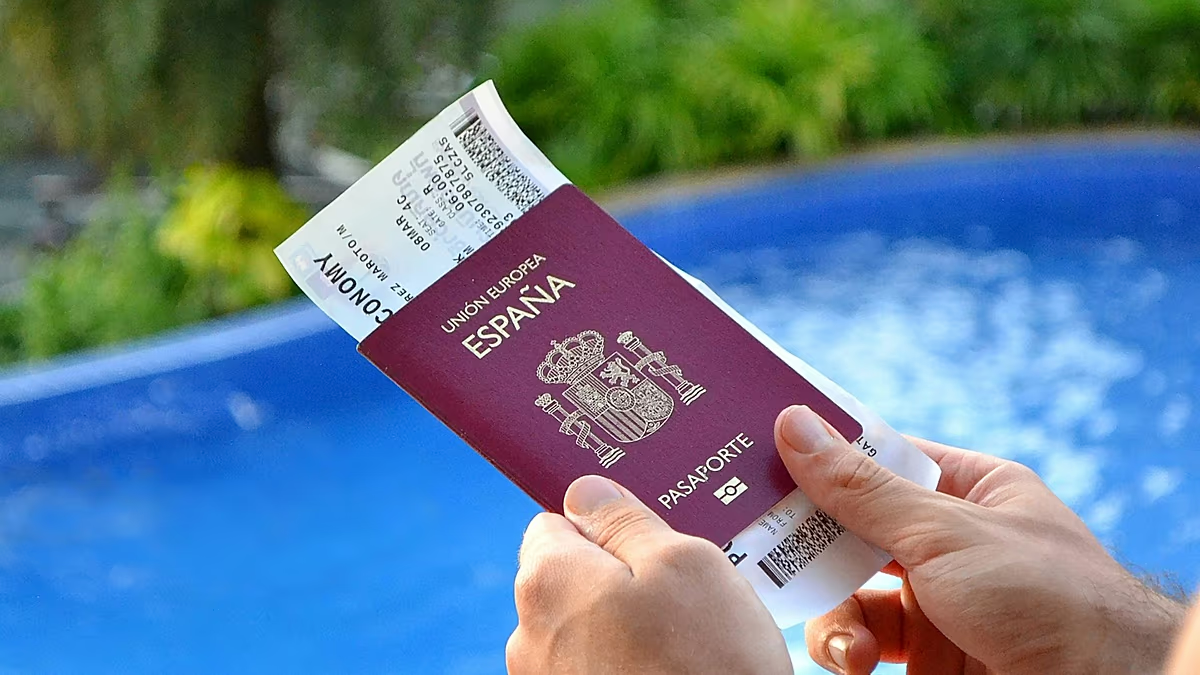French Air Traffic Control Strike Called Off: Relief for European Travelers
In a welcome development for air travelers across Europe, the main French air traffic control union, SNCTA, has called off a planned three-day strike that was set to severely disrupt flights from October 7 to October 9. This decision comes as a significant relief to tens of thousands of passengers who would have faced cancellations, delays, and diversions during what would have been one of the most disruptive air traffic control strikes of the year. The union announced they had “made progress on internal issues” following productive discussions with the Civil Aviation Authority and other stakeholders, stating that no new strike dates are currently planned. The cancellation marks a positive turning point in what had been a tense situation for airlines, airports, and travelers who were bracing for major disruptions similar to those experienced during previous industrial actions.
France’s strategic position in Europe’s aviation network means any disruption to its air traffic control services has far-reaching consequences. With approximately one in three European flights passing through French airspace, the country serves as a critical corridor for continental air travel. When French controllers limit their capacity during strikes, the ripple effects extend well beyond France’s borders, affecting flights that merely pass over the country en route to other destinations. This widespread impact was demonstrated during the most recent major strike in July, which resulted in nearly 3,000 flight cancellations. Even flights that managed to operate during that two-day action faced significant delays, with the average delay reaching 41 minutes. Between 40,000 and 50,000 passengers found their travel plans disrupted during that period, highlighting the extensive human impact these industrial actions can have on ordinary travelers trying to reach their destinations.
The financial implications of such strikes are equally substantial, with Eurocontrol, Europe’s air traffic coordinator, estimating that the July disruption alone cost the aviation industry approximately €120 million. This financial burden falls not only on airlines, which must manage flight cancellations, rerouting, and passenger compensation, but also on airports, ground handling companies, and the broader tourism and business sectors that rely on predictable air transportation. The averted October strike represents not just a win for passenger convenience but also a significant economic relief for an industry still recovering from the pandemic’s devastating effects. The cancellation allows airlines to maintain their scheduled operations during a busy autumn period when many Europeans take advantage of school breaks and mild weather for travel.
At the heart of the dispute are fundamental concerns about the future of air traffic control in France. The SNCTA union has consistently raised grievances regarding better pay and working conditions for controllers, emphasizing particular concerns about understaffing and outdated equipment. These issues strike at the core of aviation safety and efficiency, as air traffic controllers perform one of the most demanding and high-stakes roles in the transportation system. The union had initially planned the strike for September 18 but postponed it following the collapse of the French government on September 8, stating it was “impossible to achieve demands” without a minister of transport in place. With France’s political situation now stabilizing, the union had renewed its push for addressing these long-standing concerns before ultimately deciding to call off the action after constructive discussions.
The decision to cancel the strike represents a victory for diplomatic negotiation in labor relations. Rather than resorting to disruptive industrial action, the union and authorities have apparently found common ground through “calm discussions with all parties involved,” as the SNCTA described it to news agency AFP. This approach benefits everyone in the aviation ecosystem—from the controllers themselves to the airlines, airports, and most importantly, the traveling public. The willingness to resolve differences through dialogue rather than disruption sets a positive precedent for addressing future labor disputes in this critical sector. For travelers who had been anxiously monitoring the situation and potentially making alternative arrangements, the news brings welcome certainty and allows them to proceed with their travel plans without the stress of potential cancellations.
Looking ahead, the aviation industry will be watching closely to see whether the progress made in these negotiations leads to sustainable improvements in France’s air traffic control system. While the immediate crisis has been averted, the underlying issues of staffing, equipment modernization, and controller working conditions remain important challenges that will require ongoing attention and investment. The stakes are high, as a well-functioning air traffic control system is essential not just for France but for European mobility as a whole. For now, though, passengers can breathe a sigh of relief as they board their flights this week, knowing that one potential travel disruption has been removed from an industry that has faced more than its share of challenges in recent years. The collaborative resolution of this dispute demonstrates that even in complex labor situations, solutions can be found that serve the interests of workers while minimizing impact on the public.










